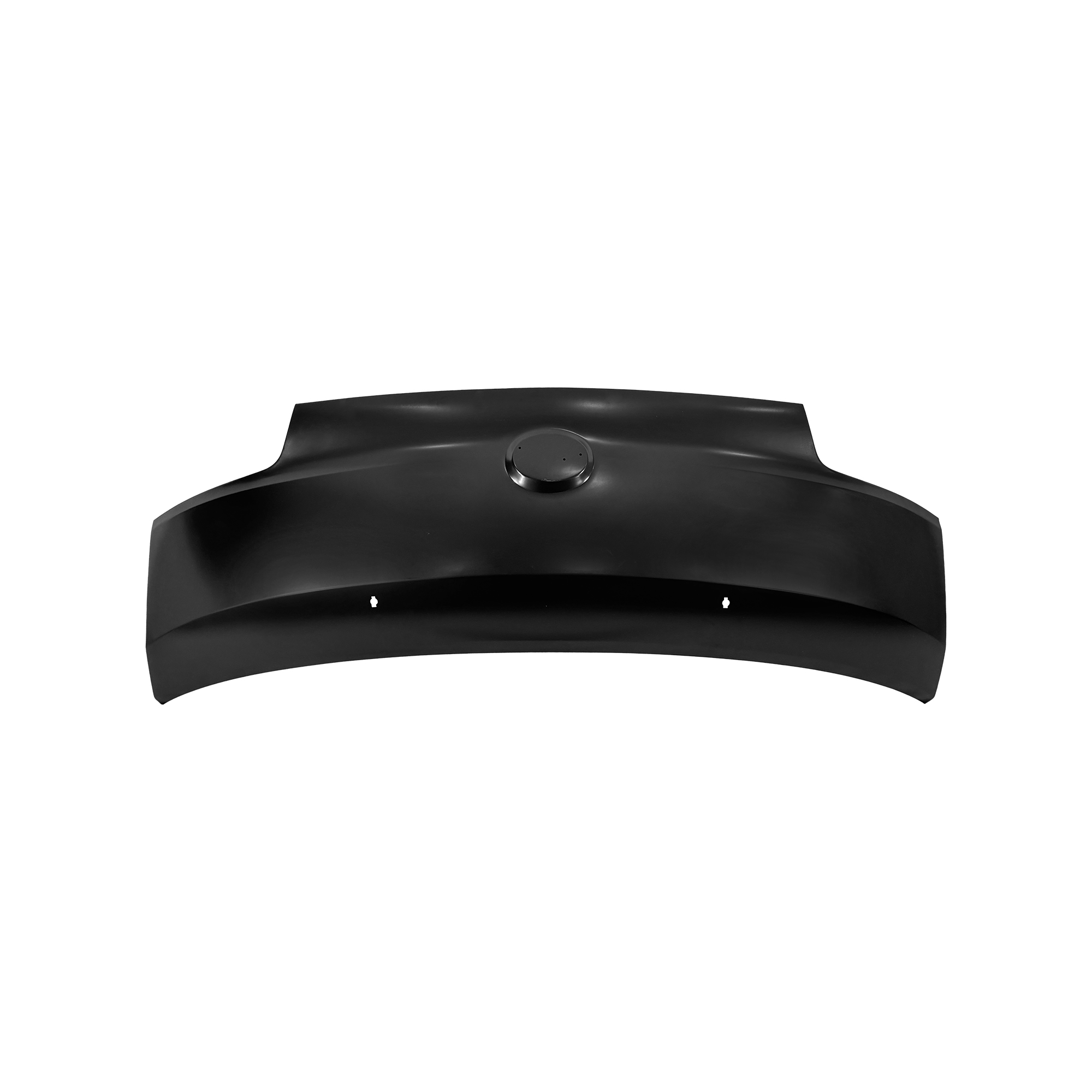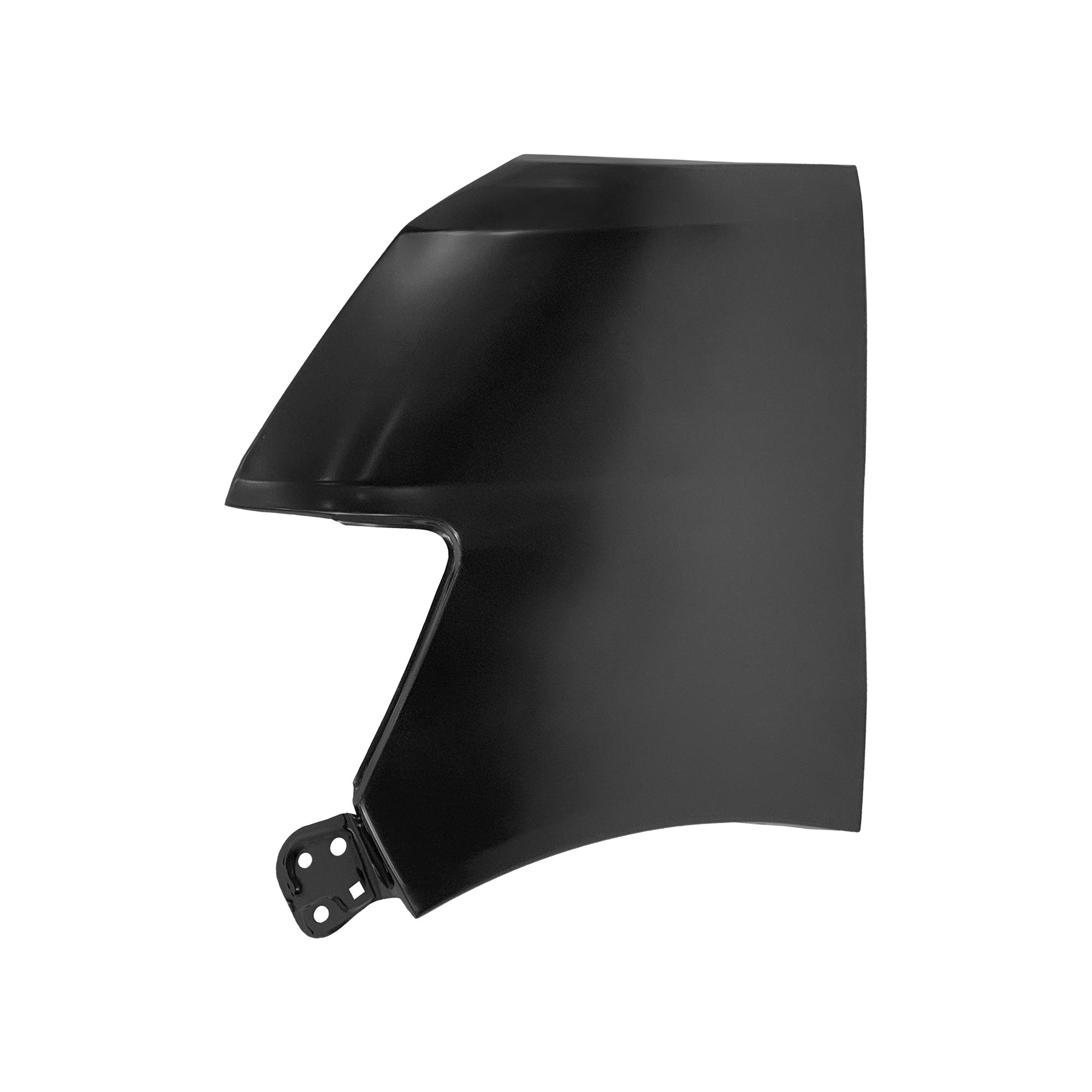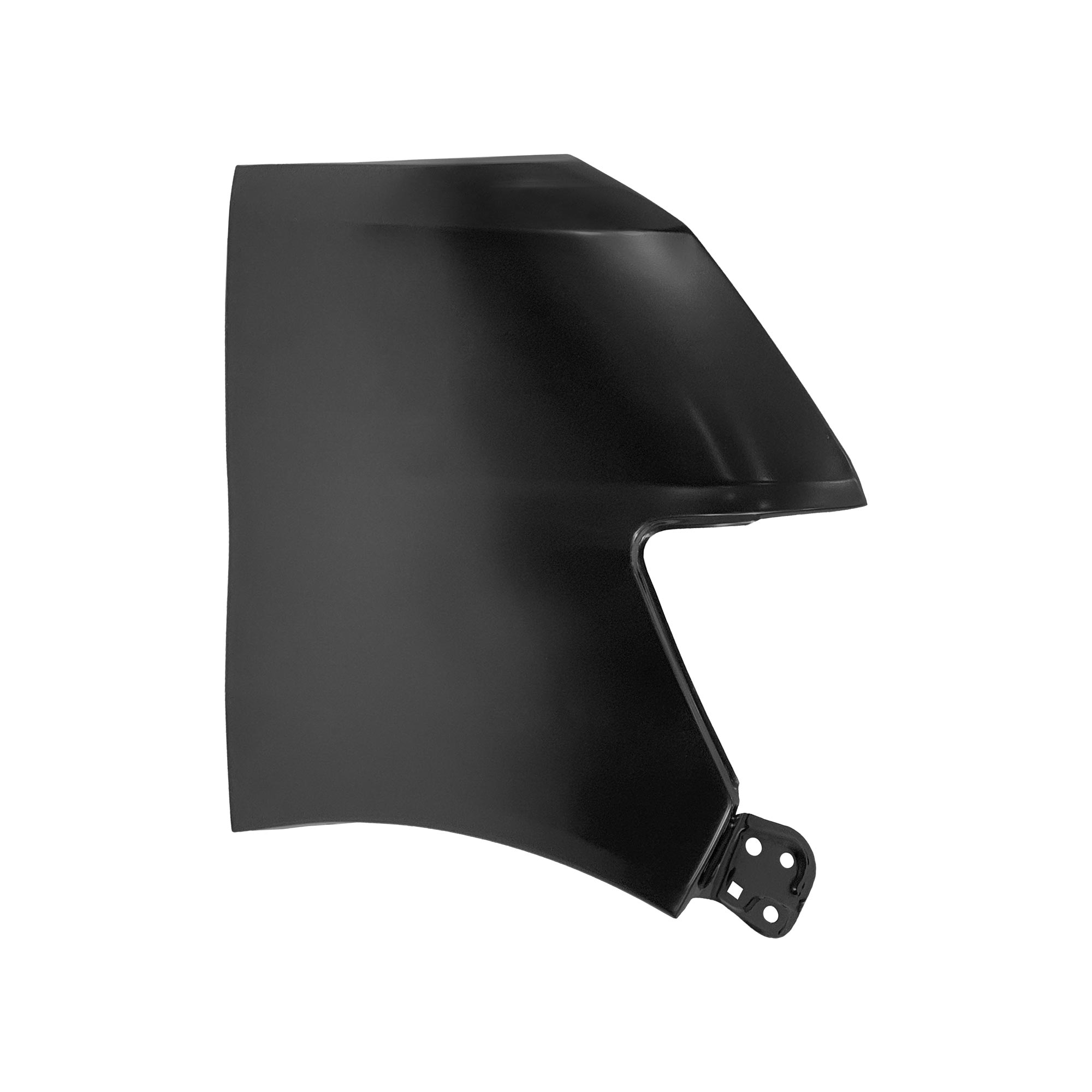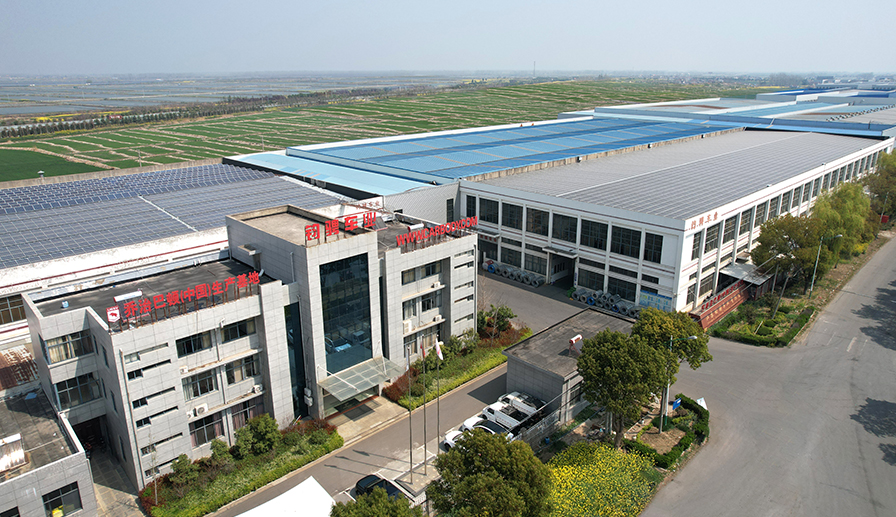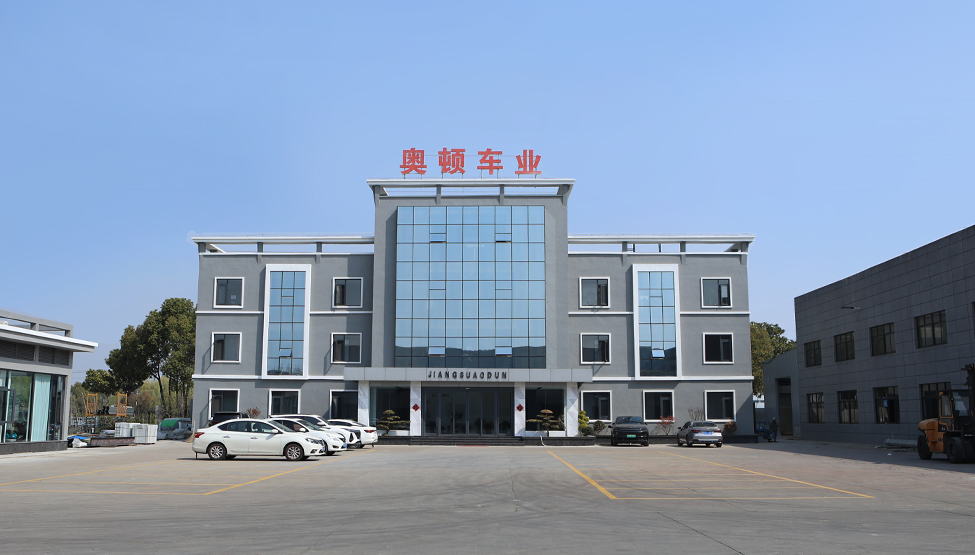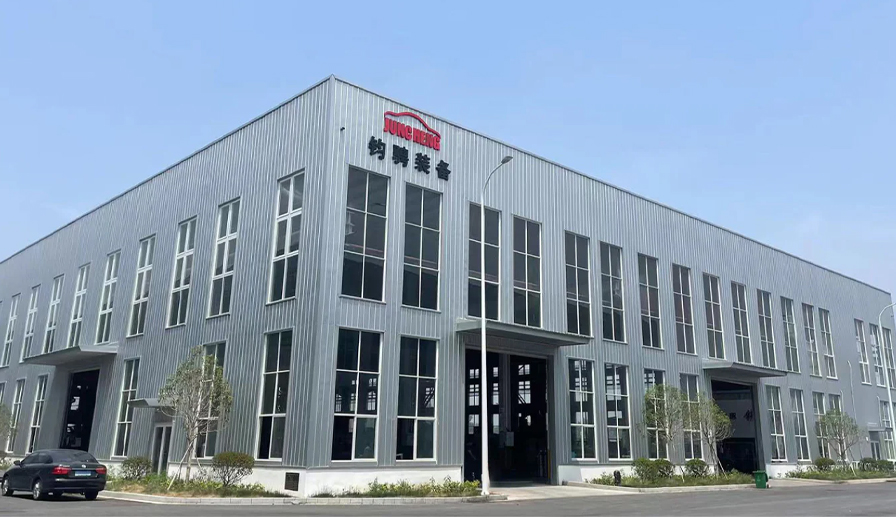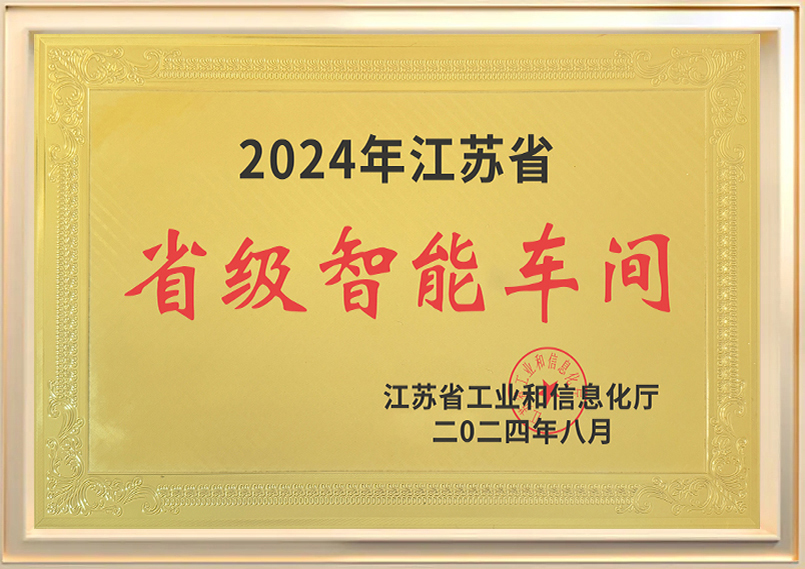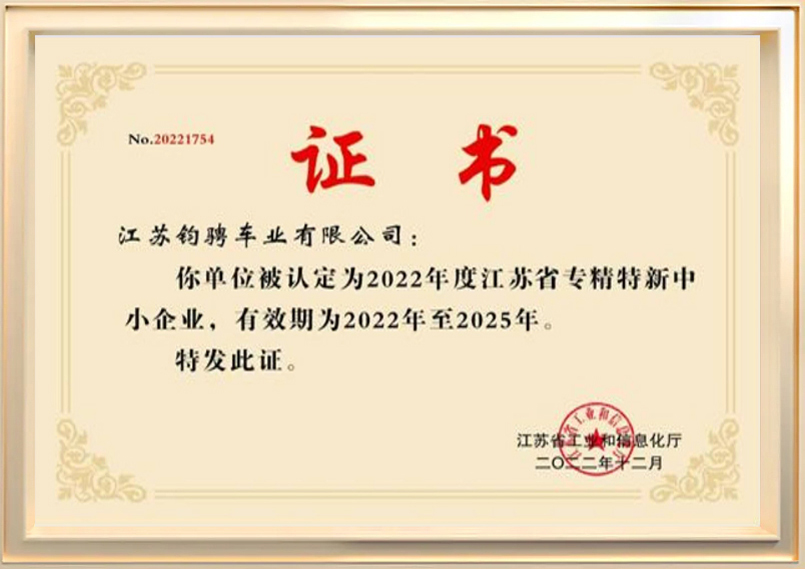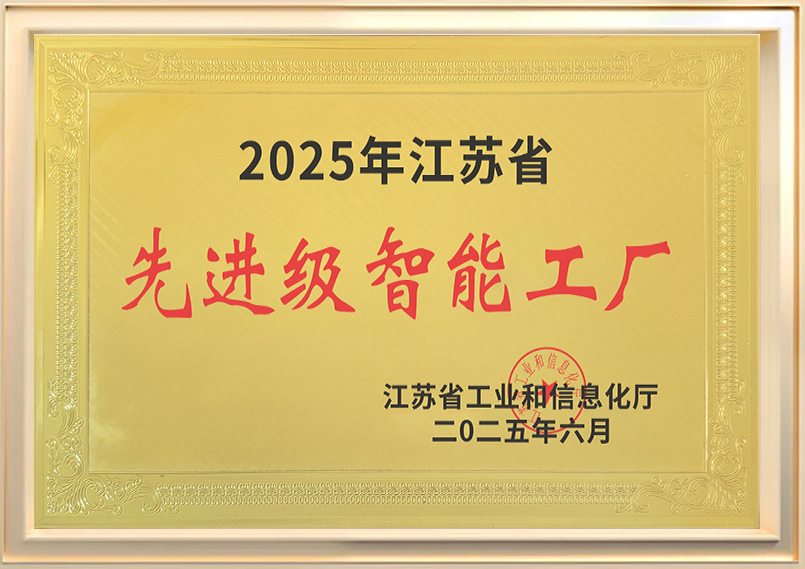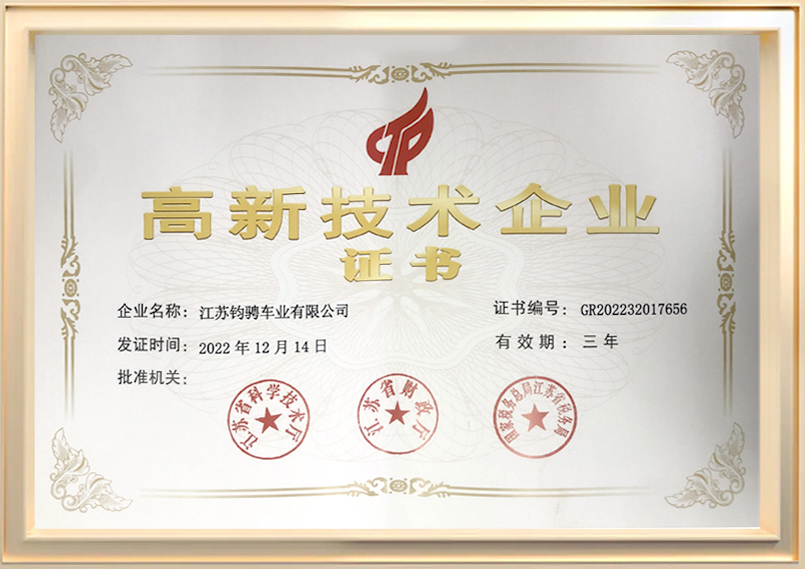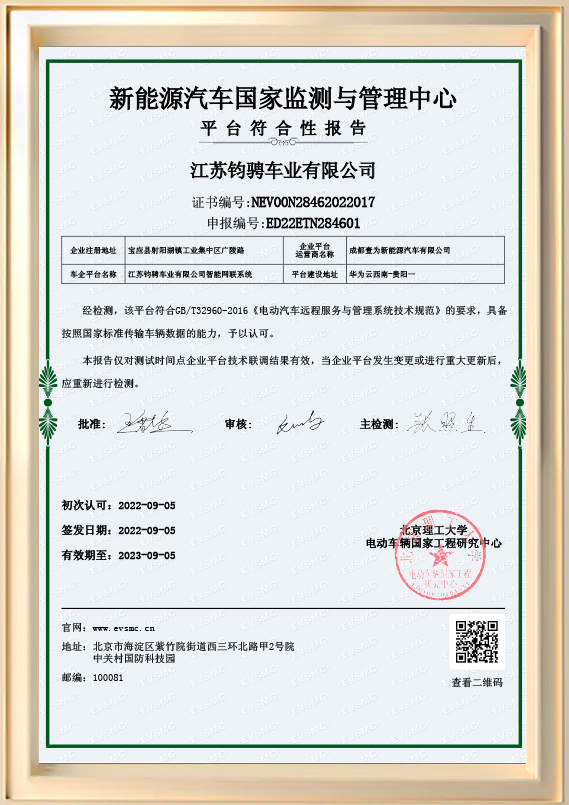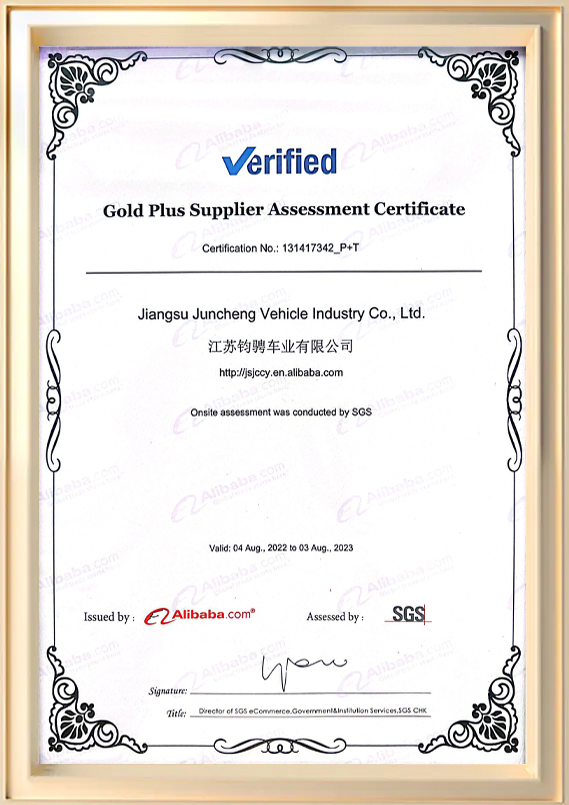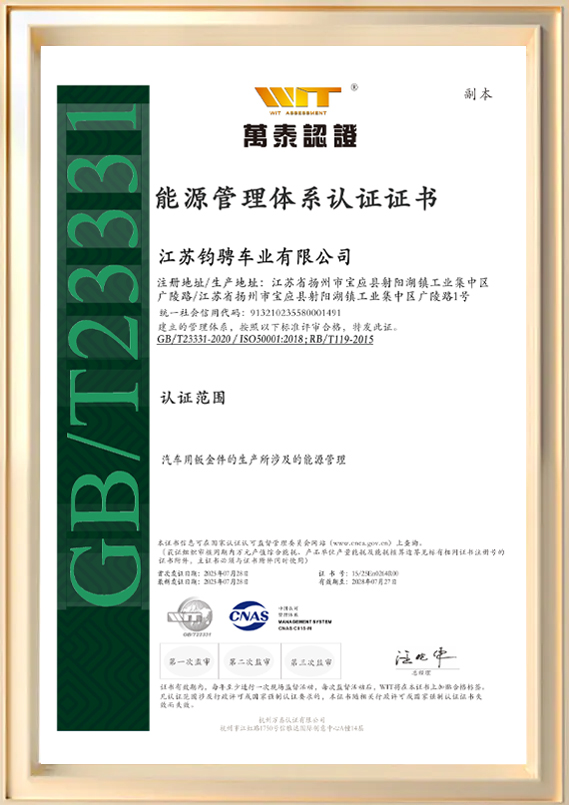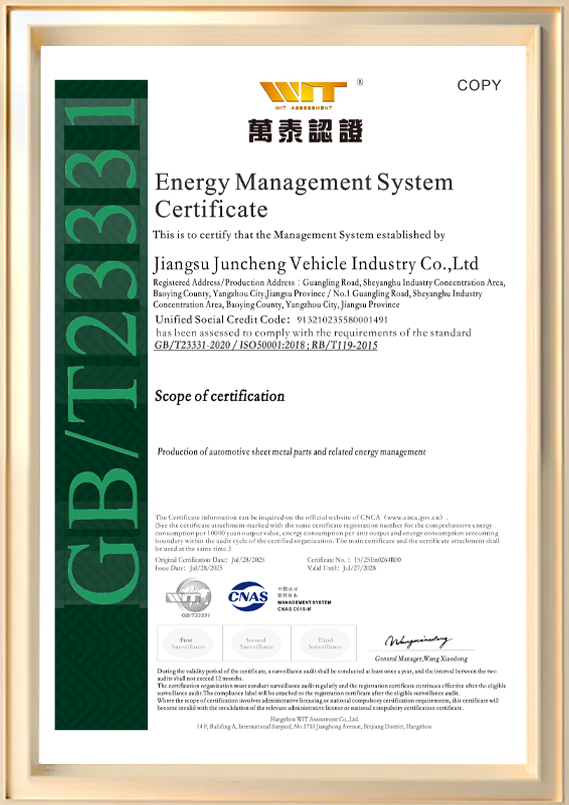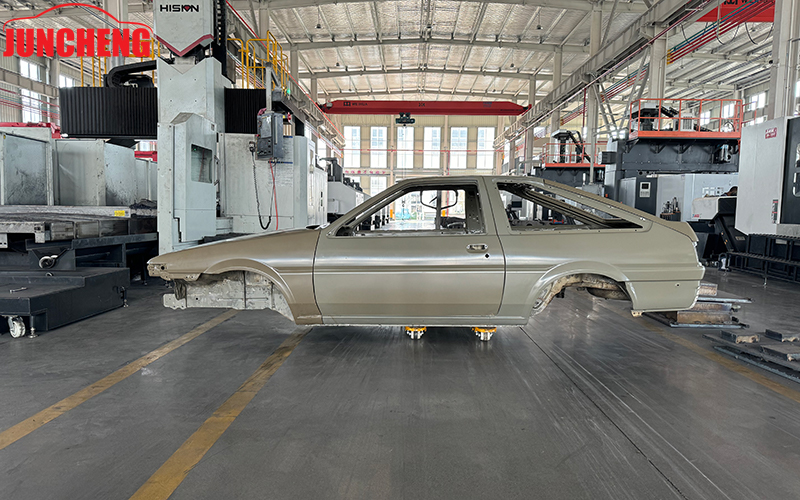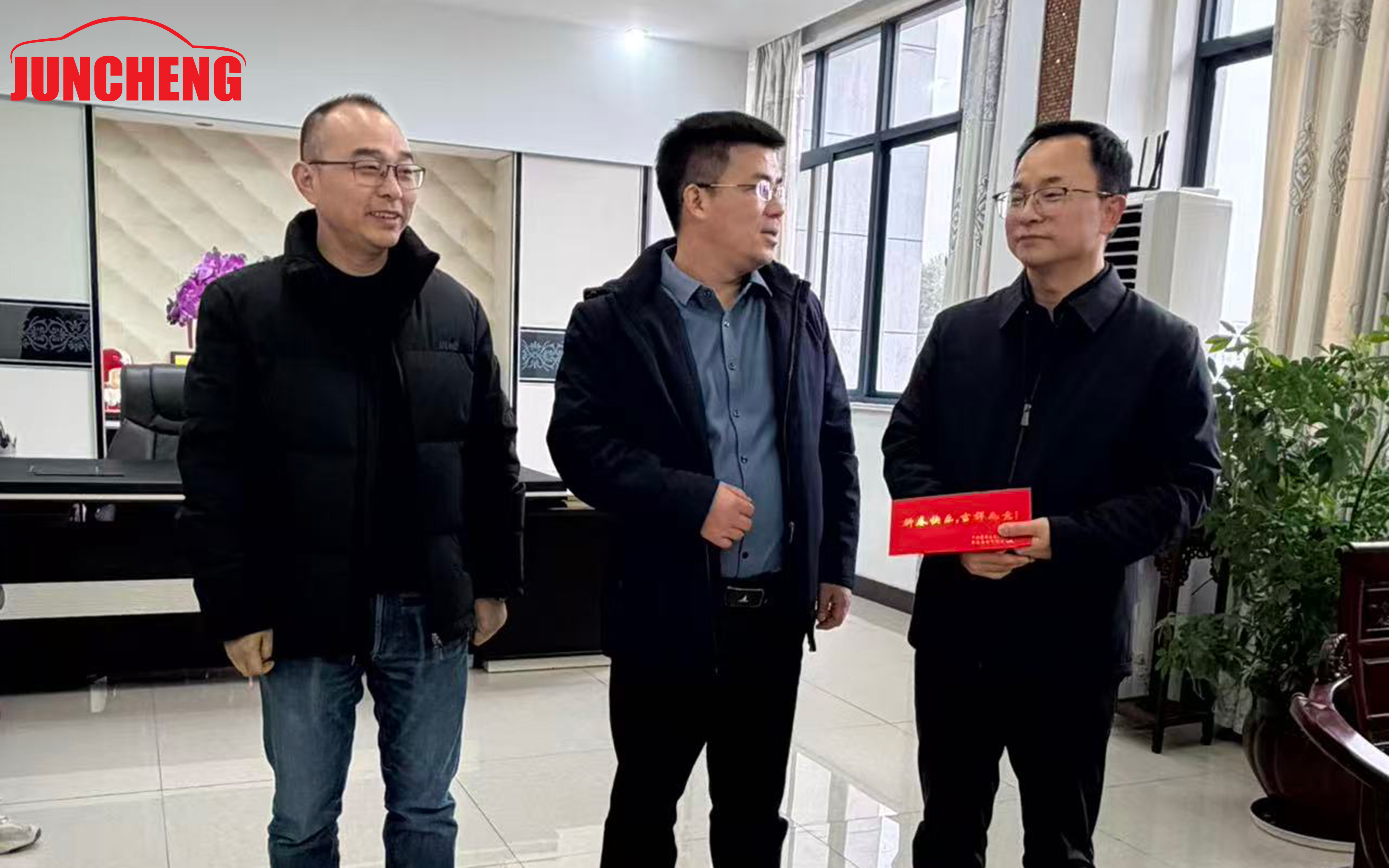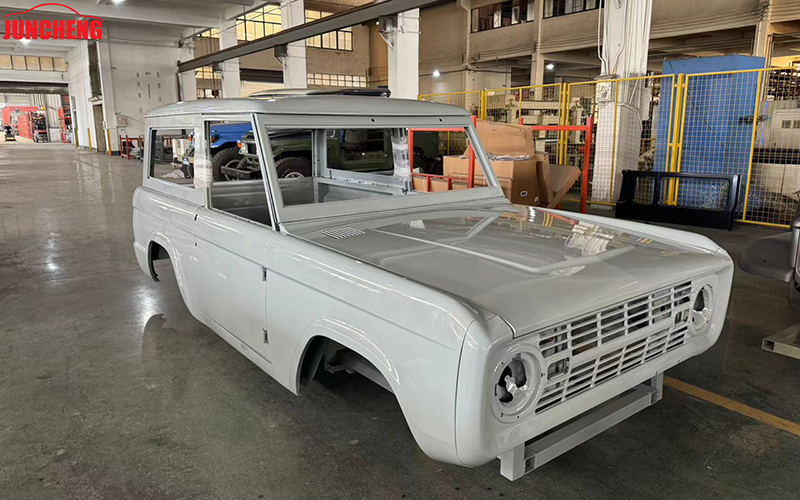What Materials Are Typically Used for Sheet Metal Parts at Daihatsu Parts?
In the production process of Daihatsu Parts, the selection of materials for sheet metal parts is crucial, directly affecting the strength, weight, durability, and cost-effectiveness of the components. Generally, Daihatsu Parts uses the following main materials for its sheet metal parts:
High-Strength Steel (HSS) and Ultra-High-Strength Steel (UHSS): With increasing safety requirements, Daihatsu Parts uses more and more high-strength steel (HSS) and ultra-high-strength steel (UHSS). These materials have extremely high tensile strength and impact resistance, providing additional protection during collisions and ensuring the stability of the vehicle body structure under extreme conditions. Furthermore, ultra-high-strength steel can effectively reduce the thickness and weight of the vehicle body while maintaining sufficient strength, thus improving safety.
Aluminum Alloy: To achieve lightweighting, Daihatsu Parts uses aluminum alloys in some sheet metal parts. Aluminum alloys are not only lightweight but also possess excellent corrosion resistance, making them particularly suitable for manufacturing large sheet metal parts such as the body and roof. The use of aluminum alloys not only reduces overall vehicle weight but also improves fuel efficiency and dynamic performance.
Magnesium Alloys: In some high-end and specialty models, Daihatsu Parts may use magnesium alloys to further reduce weight. Magnesium alloys have a lower density than aluminum, providing a more significant weight reduction effect without sacrificing strength.
Stainless Steel: To improve the corrosion resistance of sheet metal parts, Daihatsu Parts also uses some stainless steel materials, especially in highly protective components (such as the exhaust system and underbody protection plates). These effectively prevent rust and extend service life.
Behind the selection of these materials, Daihatsu Parts considers not only the physical properties of the components but also the cost-effectiveness of the production process and the market's demand for environmental protection and lightweighting. By optimizing material selection, Daihatsu Parts ensures safety while also improving fuel efficiency and the vehicle's environmental performance.
How do Daihatsu Parts address lightweighting and energy efficiency requirements for sheet metal components?
At Daihatsu Parts, lightweight design has become a key industry requirement. With increasing global focus on environmental protection and energy conservation, automakers, especially brands like Daihatsu that primarily produce small and economy cars, must consider how lightweight design can improve fuel efficiency and reduce emissions.
Application of Aluminum Alloys and High-Strength Steel: To achieve lightweighting, Daihatsu Parts extensively uses aluminum alloys and high-strength steel (HSS) in the body and structural components. These materials are lighter than traditional steel while possessing similar or higher strength, effectively reducing the overall vehicle weight. A lightweight body can significantly reduce vehicle energy consumption, especially during city driving and short-distance trips.
Design Optimization and Structural Lightweighting: In addition to material selection, Daihatsu Parts also emphasizes the structural optimization of sheet metal components. Utilizing advanced engineering tools such as Finite Element Analysis (FEA), Daihatsu can design lighter structures by eliminating unnecessary materials while maintaining component strength and functionality. For example, the sheet metal design of the body frame and doors can employ distributed stiffeners and hollow structures to achieve weight reduction.
Recyclable Materials: Daihatsu Parts emphasizes the use of recyclable metal materials, such as aluminum alloys and steel. These materials not only provide lightweighting during production but can also be recycled after the vehicle is scrapped, aligning with sustainable development principles. This recycling of materials reduces resource consumption and environmental burden.
Powertrain Optimization: In addition to lightweighting, Daihatsu Parts further reduces overall vehicle energy consumption in line with the development of electrification and hybrid systems. For example, electric and hybrid vehicles typically feature lighter sheet metal components to support more efficient powertrains.
Through these measures, Daihatsu Parts is able to reduce vehicle weight while ensuring vehicle performance and safety, meeting modern consumers' demands for fuel economy and environmental friendliness.
How do Daihatsu Parts' sheet metal parts adapt to different climatic conditions?
In the globalized automotive industry, different markets face diverse climatic conditions, placing stringent demands on sheet metal part design, material selection, and manufacturing processes. To adapt to these climatic conditions, Daihatsu Parts employs advanced technologies and materials. Leading companies like Jiangsu Juncheng Vehicle Industry Co., Ltd., when supplying sheet metal parts to Daihatsu Parts, leverage their extensive production experience and innovative technologies to ensure reliable operation in various environments.
Corrosion Protection Technology: Sheet metal parts are prone to rust and corrosion under harsh climatic conditions such as humidity and salt spray. Juncheng Vehicle Industry, a company specializing in the research and development and production of automotive metal parts, has established several advanced corrosion protection technologies. Jiangsu Juncheng Vehicle Industry Co., Ltd. utilizes an EDP electrophoretic coating production line in its sheet metal parts production. This technology provides highly efficient corrosion protection for metal surfaces, especially suitable for automotive parts exposed to humid, marine climates. Jiangsu Juncheng Vehicle Industry Co., Ltd. also employs a salt spray testing machine to test the corrosion resistance of sheet metal parts, ensuring that every component leaving the factory can operate stably for extended periods under various climatic conditions. Daihatsu Parts' sheet metal parts undergo these rigorous anti-corrosion treatments during production, effectively coping with various humid and salt spray environments and guaranteeing the long service life of vehicles.
High Temperature and Low Temperature Resistance: Under high and cold climatic conditions, the properties of metal materials can change, potentially leading to deformation or cracking of sheet metal parts. To address this issue, Jiangsu Juncheng Vehicle Industry Co., Ltd. uses materials such as high-strength steel and aluminum alloys in its metal sheet metal parts production. These materials not only possess high strength but also effectively address thermal expansion under high temperatures and brittleness under low temperatures. Daihatsu Parts' sheet metal design also takes this into account, ensuring the vehicle body maintains structural integrity under varying temperature conditions. For example, in the cold northern market, Jiangsu Juncheng Vehicle Industry Co., Ltd.'s sheet metal parts utilize low-temperature brittleness-resistant steel and aluminum alloys, ensuring sufficient strength to prevent damage even in extremely cold weather.
UV Protection and Weather Resistance: In areas with strong sunlight, the effects of ultraviolet radiation on metal materials are particularly significant. Jiangsu Juncheng Vehicle Industry Co., Ltd.'s sheet metal parts undergo a UV protective coating treatment, which helps resist oxidation and fading caused by sunlight exposure. At Daihatsu Parts, these technologies are widely used on exposed parts, especially the body shell and frame, to maintain long-term aesthetics and durability. In markets with year-round high temperatures and strong UV radiation, the use of these coatings effectively extends the lifespan of sheet metal parts, preventing vehicle aging and fading.
Advanced Production Equipment and Technology: Jiangsu Juncheng Vehicle Industry Co., Ltd. employs advanced production equipment, including laser cutting equipment and robotic welding technology. This equipment enables more precise machining and efficient production of Daihatsu Parts sheet metal parts, ensuring stable operation under various climatic conditions. Jiangsu Juncheng Vehicle Industry Co., Ltd. also possesses high-precision testing equipment such as coordinate measuring machines, enabling precise quality control of each sheet metal part during production, ensuring reliability in extreme weather conditions.
Global Vision and Adaptability: Jiangsu Juncheng Vehicle Industry Co., Ltd.'s products not only meet domestic market demands but are also exported globally, covering countries and regions including the United States, Russia, Turkey, Germany, South Africa, and South America. Since Daihatsu Parts are also sold in multiple global markets, Jiangsu Juncheng Vehicle Industry Co., Ltd. must consider the climatic conditions of different countries and regions during production. Jiangsu Juncheng Vehicle Industry Co., Ltd.'s globalized production model and diversified technological solutions ensure that Daihatsu Parts can provide high-quality and highly reliable sheet metal parts worldwide.

 English
English Español
Español عربى
عربى русский
русский 中文简体
中文简体
